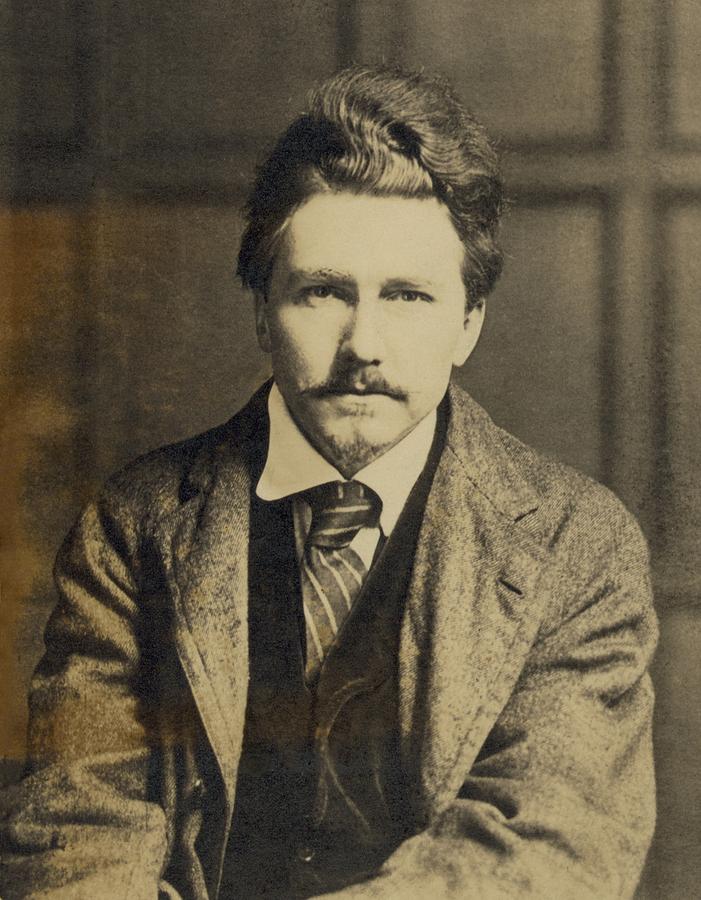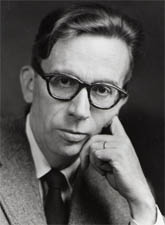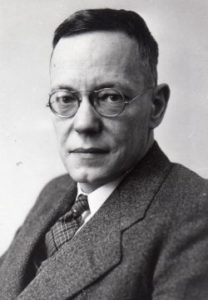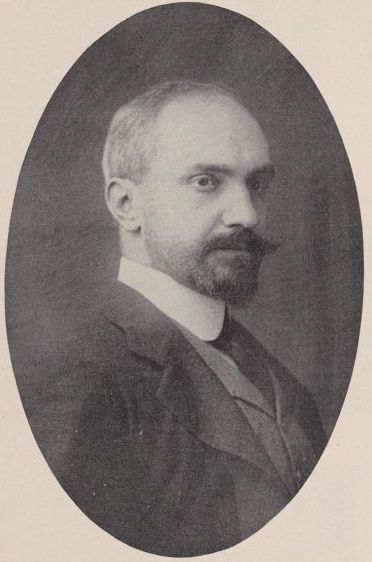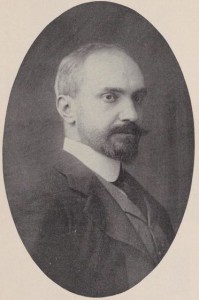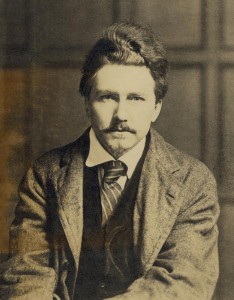 To Daniel MacGhie Cory
To Daniel MacGhie Cory
Hotel Savoia
Cortina d’Ampezzo, Italy. July 1, 1937
For heaven’s sake, dear Cory, do stop Ezra Pound from sending me his book. Tell him that I have no sense for true poetry, admire (and wretchedly imitate) only the putrid Petrarch and the miserable Milton; that I don’t care for books, hardly have any, and would immediately send off his precious volume to the Harvard Library or to some other cesspool of infamy. That is, if he made me a present of it. If he sent it only for me to look at and return, I would return it unopened; because I abhorr all connection with important and distinguished people, and refuse to see absolutely anyone except some occasional stray student or genteel old lady from Boston.
I shouldn’t mind helping Ezra Pound if he were hard up, through you, for instance, if he wasn’t to know where the money came from: but I don’t want to see him. Without pretending to control the course of nature or the tastes of future generations, I wish to see only people and places that suggest the normal and the beautiful: not abortions or eruptions like E. P.
It is a shame that you should be persecuted like this and not allowed to enjoy a holiday; but you realize how dreary poor S. finds his days. In the old times, when I often lived or stayed with him, I used to excuse myself in my own mind for profiting so much by his money (living for nothing in the apartment, etc) by thinking that I made his life and mind more interesting to him, and that he was, in his demure secretive way, a good friend absolutely to be trusted. And I still think that I was a useful stimulus to him, as you are now. But it has become evident that he cared for me only . . . to serve as a whetstone for his dulness; and he has become intolerant of anybody’s being anything more. You now have to sharpen his edge, with an uncertain prospect of future benefits. It is too bad; but you feel, I know, that it is worth putting up with, not only in view of possible advantages later, but because there is a technical discipline involved, however tedious. Yours affly,
G.S.
P.S. Am reading the proof of the R[ealm] of T[ruth] and making a lovely index. The book is partly senile: I am correcting a few bad passages; but I can say of it, like the Curate of the Bishops egg: “Parts of it, my lord, are excellent”.
From The Letters of George Santayana: Book Six, 1937-1940. Cambridge, MA: The MIT Press, 2004.
Location of manuscript: Butler Library, Columbia University, New York NY.

